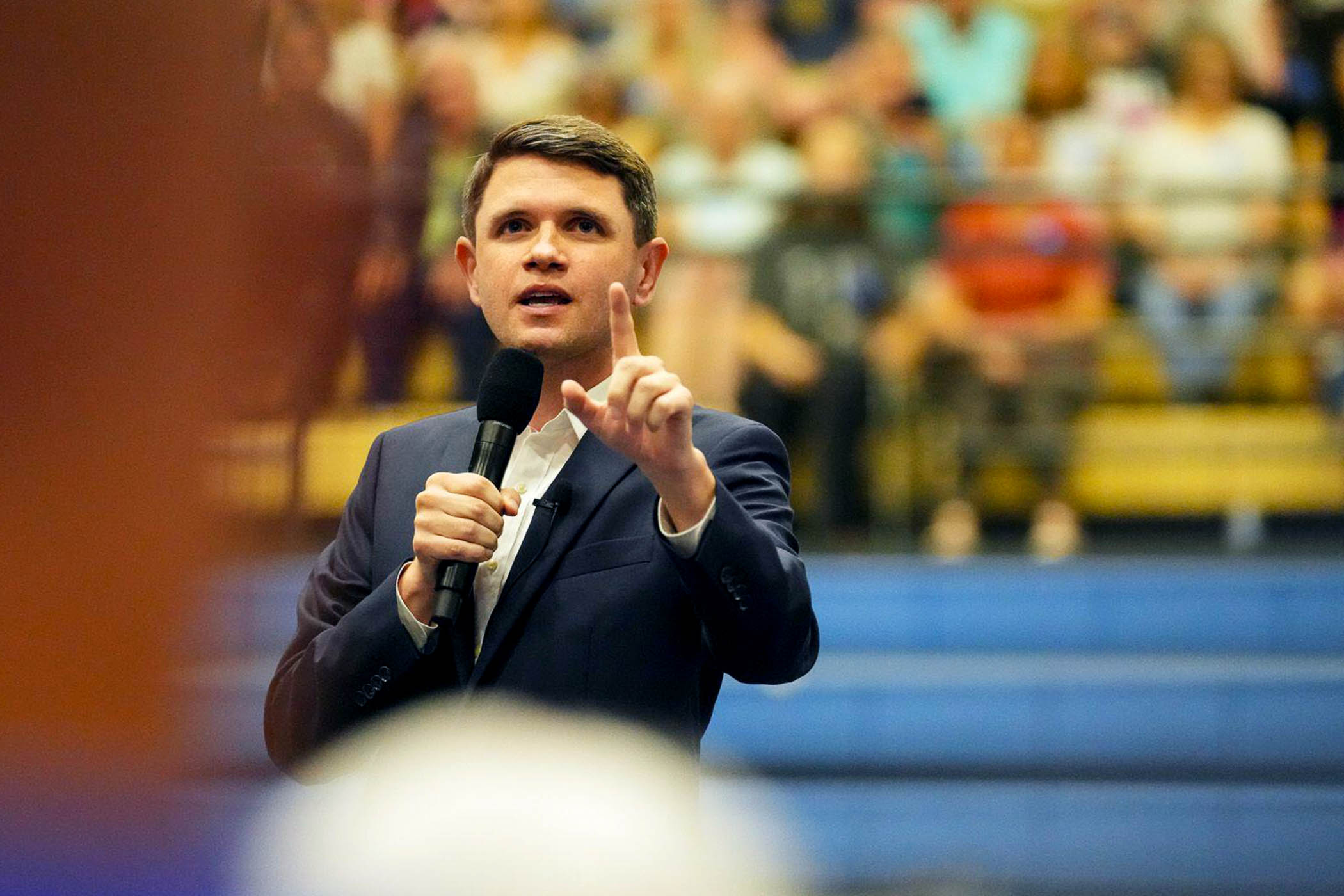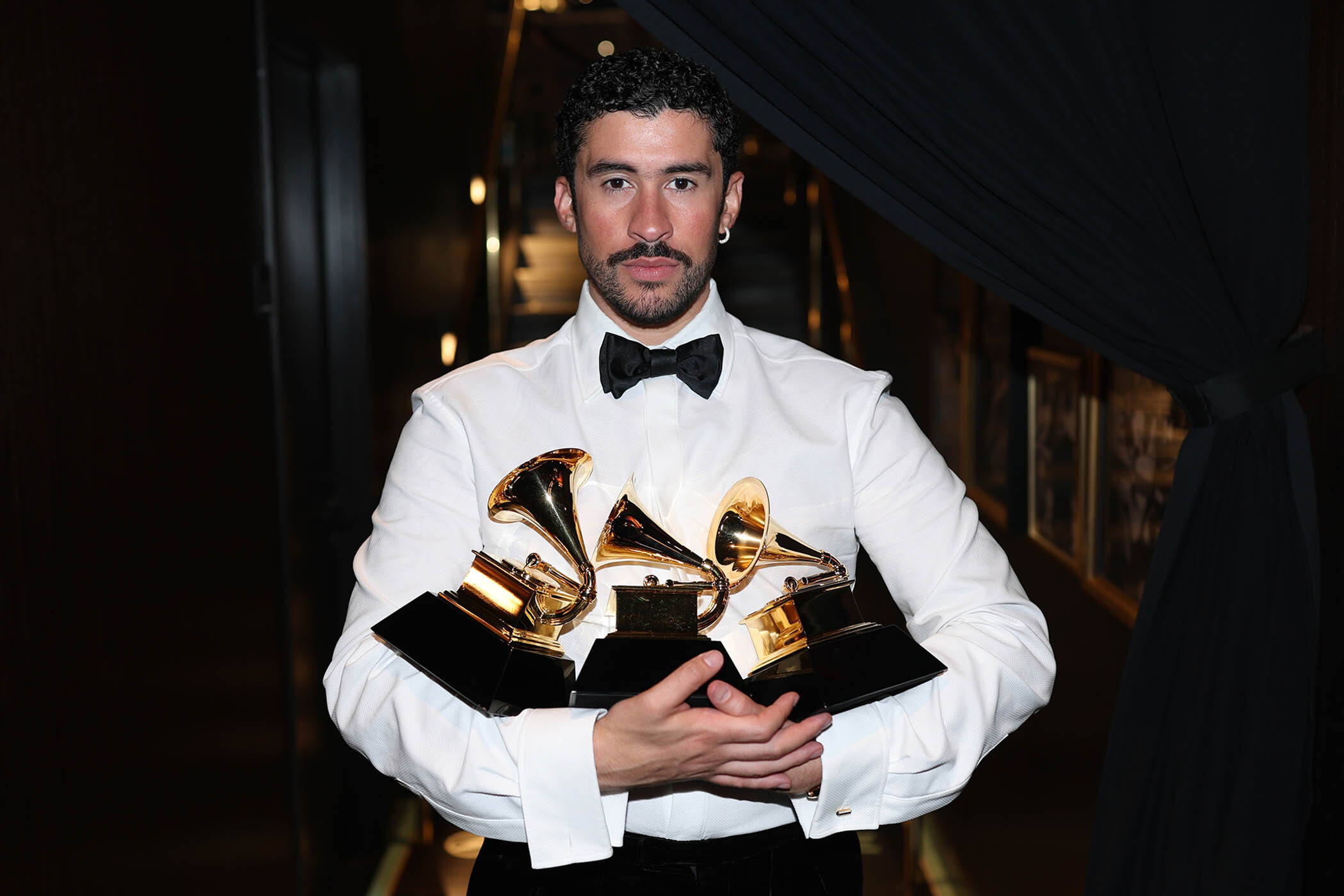New York city is not New York state. New York state is not the United States. The United States is not the United Kingdom. So I commend the boldness, but question the wisdom of those who think they can make definitive forecasts about the future of British politics from the election of Zohran Mamdani as mayor of the Big Apple.
Zack Polanski, the former hypnotherapist who leads the Greens, has not met the new mayor but hails the victor as “the beginning of something new” and won’t mind at all if you’d like to draw comparisons with himself. A jubilant Zarah Sultana, who posted a picture of herself with the man of the moment, welcomed him on behalf of the new (name still pending) party of the left, which celebrated him as a demonstration “that the old politics of the centre is bankrupt and a new socialist politics can take its place”.
Each is seeking a mixture of inspiration and vindication from the triumph of the self-styled democratic socialist in the citadel of US capitalism. More centrist figures are also excited. Sir Sadiq Khan, the mayor of our largest city and a man who doesn’t flinch at a cliche, thinks the win represents a victory for “hope over fear”. Wes Streeting, the health secretary, sagely opines that there are “lessons for progressives the world over”.
The trick is working out which are the correct lessons to take away from what is undoubtedly a stunning achievement by someone who started the campaign as an obscure member of the state assembly and was a household name only among his own family. The wrong place to start is with his ideological complexion. The right place to begin is with his campaign character. He is an eloquent and energising personality who can connect with voters, turn a phrase and perform eye-catching stunts. Turnout was the highest in generations, particularly among under-30s, partly because he excels at the attention economy of social media.
For one attention-grabbing video, he plunged into the icy waters off Coney Island wearing a suit and tie after declaring: “I’m freezing… your rent.” He has a lot of the qualities we group under the heading charisma. In the 1990s, the most charismatic leaders in the Anglosphere were Bill Clinton and Tony Blair, men of the centre-left. Blair won three elections for Labour here. Clinton could well have secured a third term in the White House had the US constitution allowed him to run. Their victories were not simply down to their capacity to talk fluently and to make themselves relatable, but it certainly helped.
Today the more effective communicators tend to be produced by the populist right. Like them or loathe them, Donald Trump and Nigel Farage know how to connect with audiences. The left can be suspicious about the performative dimensions of politics. Mr Mamdani’s victory underlines why it is a mistake to be sniffy. So does the rise to the brink of power in the Netherlands by Rob Jetten, the charismatic leader of his country’s left-leaning D66 party.
He is an eloquent and energising personality who can connect with voters, turn a phrase and perform eye-catching stunts
He is an eloquent and energising personality who can connect with voters, turn a phrase and perform eye-catching stunts
At 34, the next mayor of New York will be the youngest person to hold the office since 1892. Opponents sought to turn the thinness of his résumé into a liability, but the evidence suggests that inexperience was an asset. Especially when his main rival was the former state governor Andrew Cuomo, a man hauling more baggage than the luggage belts at JFK. Youth and vigour are attractors, and looking like an establishment fossil from a bygone age is a major detractor in an era when the default position of electorates is fierce hostility towards incumbents. Although Donald Trump wasn’t on the ballot, his record very much was and voters in multiple states across the US brought in negative verdicts.
As successful politicians through the ages have demonstrated, Mr Mamdani had an acute understanding of his electoral market. He spoke to New Yorkers who find their city excruciatingly expensive, a message with particular resonance among younger voters on median or lower incomes and without much by way of assets. His platform promised free buses, universal childcare, a network of city-owned stores retailing affordable groceries and a four-year rent freeze for one million of the city’s apartments.
Related articles:
Much of this to be paid for by higher corporation taxes and a flat tax of 2% on New Yorkers who make more than $1m a year. A lot of what he has promised is not in his power alone to deliver, so it is moot how much of his economic populism will withstand contact with reality. What this is not is the most wildly leftwing platform ever, nor does it make him “100% communist”, as the US president has claimed. If Mr Mamdani were a politician on this side of the Atlantic, we’d define him as a Scandinavian social democrat.
Another lesson for the left on both sides of the pond to note is that his campaign largely set aside the identitarian politics, which has often been a quagmire for the progressive cause in recent years. His pitch relentlessly emphasised bread-and-butter issues. The same approach was also fruitful for two other big winners for the Democrats on election night. In New Jersey, Mikie Sherrill, who used to be a US navy helicopter pilot, ran for governor. Abigail Spanberger, a former CIA analyst, did the same in Virginia.
Newsletters
Choose the newsletters you want to receive
View more
For information about how The Observer protects your data, read our Privacy Policy
Neither call themselves socialists. These more centrist representatives of their party also focused their gubernatorial campaigns on the cost of living and both clocked up wins in competitive states by double-digit margins. Exit polling suggests that the economy, especially the ravaging effect of inflation on living standards, was the most motivating issue for a majority of voters. Surveys also indicate that the Democrats successfully courted a substantial chunk of people who voted for Trump last year.
The conclusion to be drawn from all this is not – sorry, Zack, and regrets, Zarah – that tomorrow belongs to the Polanski or Sultana versions of the radical left. The message from America is a reminder that charismatic leadership counts. So does knowing your electorate and understanding how to connect with it. Talking to voters about what they care about in language they understand is essential. And the price of putting a roof over your head and food on the table has tremendous electoral potency when people are struggling to do both. Zohran Mamdani may be a shiny new thing, but the moral of these elections is as old as the Appalachian mountains.
Photograph by Victor J Blue/Bloomberg



